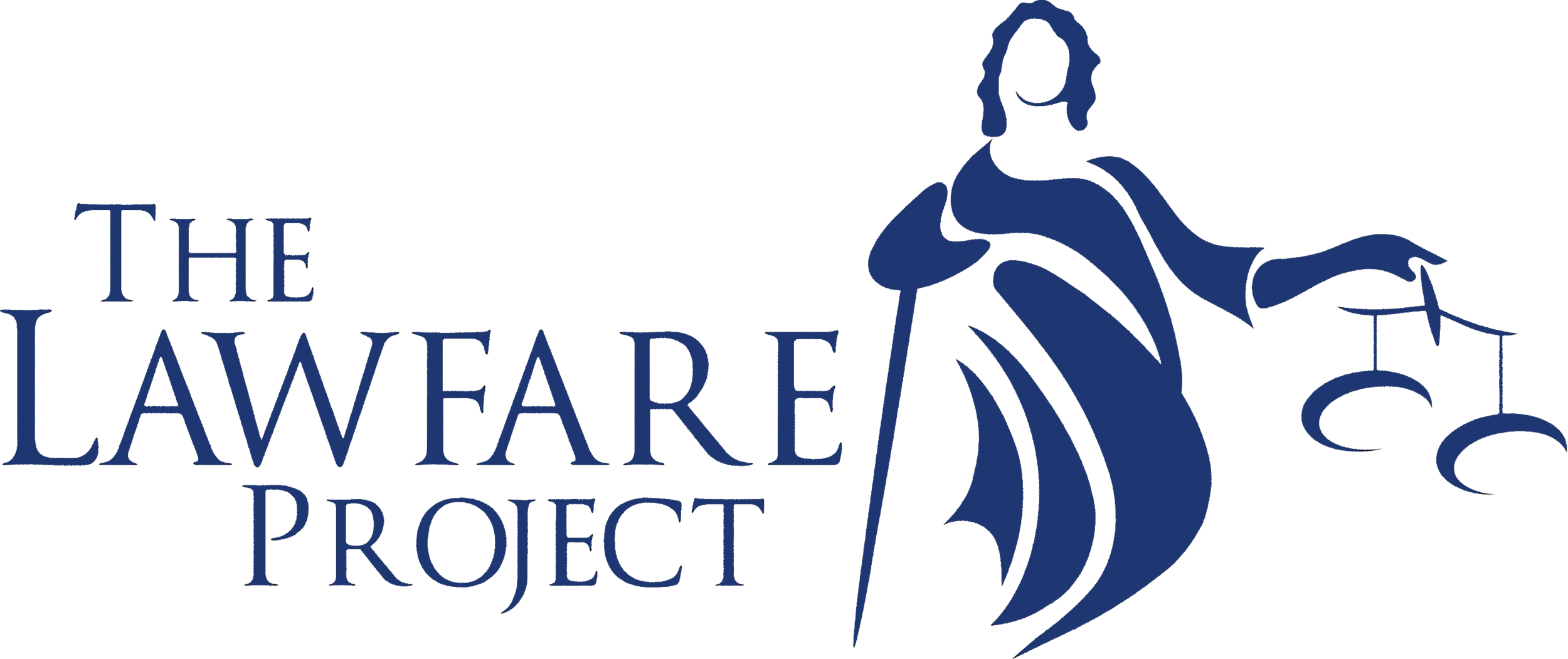Counter-Terrorism and Counter-Lawfare at the US Supreme Court
By Aaron Eitan Meyer
On June 21, 2010, the U.S. Supreme Court handed down its decision in Holder v. Humanitarian Law Project, which reaffirmed the constitutionality of a key counter-terrorist statute that prohibits providing material support to foreign terrorist organizations. In this case, plaintiffs asserted that the statute in question, 18 U.S.C. § 2339A, unlawfully prevented them from providing material support to the Liberation Tigers of Tamil Eelam (LTTE) and Kurdistan Workers’ Party (currently known as Kongra-Gel or PKK), both of which remain on the State Department’s Foreign Terrorist Organizations list.
As reported in the Wall Street Journal, “Prosecutors favor the material-support charge because it is broad enough to cover a range of activities linked to terrorist organizations, from collecting funds to shouldering a rifle.” In this case, those activities seem to include lawfare, which is the use of the law as a weapon of war, or more specifically, the abuse of the law and legal systems for strategic political or military ends. In its published Opinion, the Court twice cited a lower court ruling that specified that, “Plaintiffs want to “train members of [the] PKK on how to use humanitarian and international law to peacefully resolve disputes,” and “teach PKK members how to petition various representative bodies such as the United Nations for relief.” 552 F. 3d, at 921, n. 1.”
